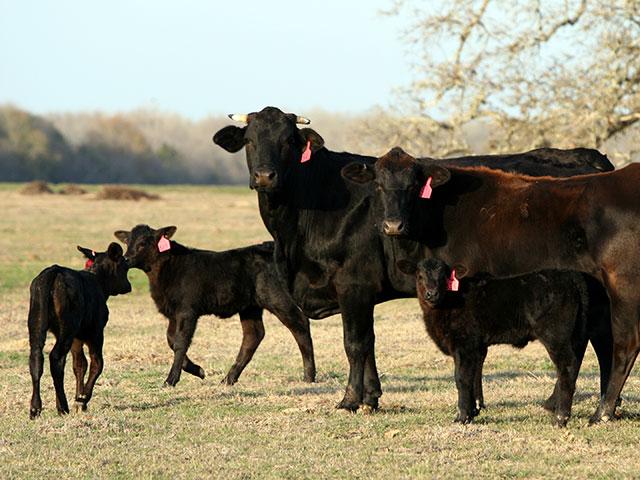Ask the Vet
What Contributes to Likelihood a Cow Will Deliver Twins?
READER QUESTION:
We have had three sets of twins born this year, and all the cows had retained placentas. We had to pull one set of twins, with one dead. On another set, the cow wouldn't take one of the twins, so it is on a bottle. The third set was a bull and a heifer. Are cows that have twins more likely to have retained placentas? Is one of our herd bulls the reason for this increase in twinning? If so, how do we identify him so we can take him out of the herd?
DR. MCMILLAN'S ANSWER:
Any abnormal event around birth can increase the incidence of retained placenta. And there is good research to show that twinning increases retained placentas. There is also good research showing that shorter gestation periods increase retained placentas, and a twin's gestation length is about a week less on average than that of a single calf. Dystocia, however, has a greater effect than gestation length. What I'm saying is that there are multiple factors at play.
Regarding your herd bulls, they have no effect on twinning. Most twins occur when the cow ovulates two eggs that are then fertilized, producing fraternal twins. When one egg is fertilized and splits, we see identical twins. Multiple ovulation is a slightly heritable trait, so the genetics for twinning is most likely in your cow herd.
**
Write Dr. Ken McMillan at Ask the Vet, 2204 Lakeshore Dr., Suite 415, Birmingham, AL 35209, or email vet@progressivefarmer.com.
(c) Copyright 2023 DTN, LLC. All rights reserved.
P[L1] D[0x0] M[300x250] OOP[F] ADUNIT[] T[]






